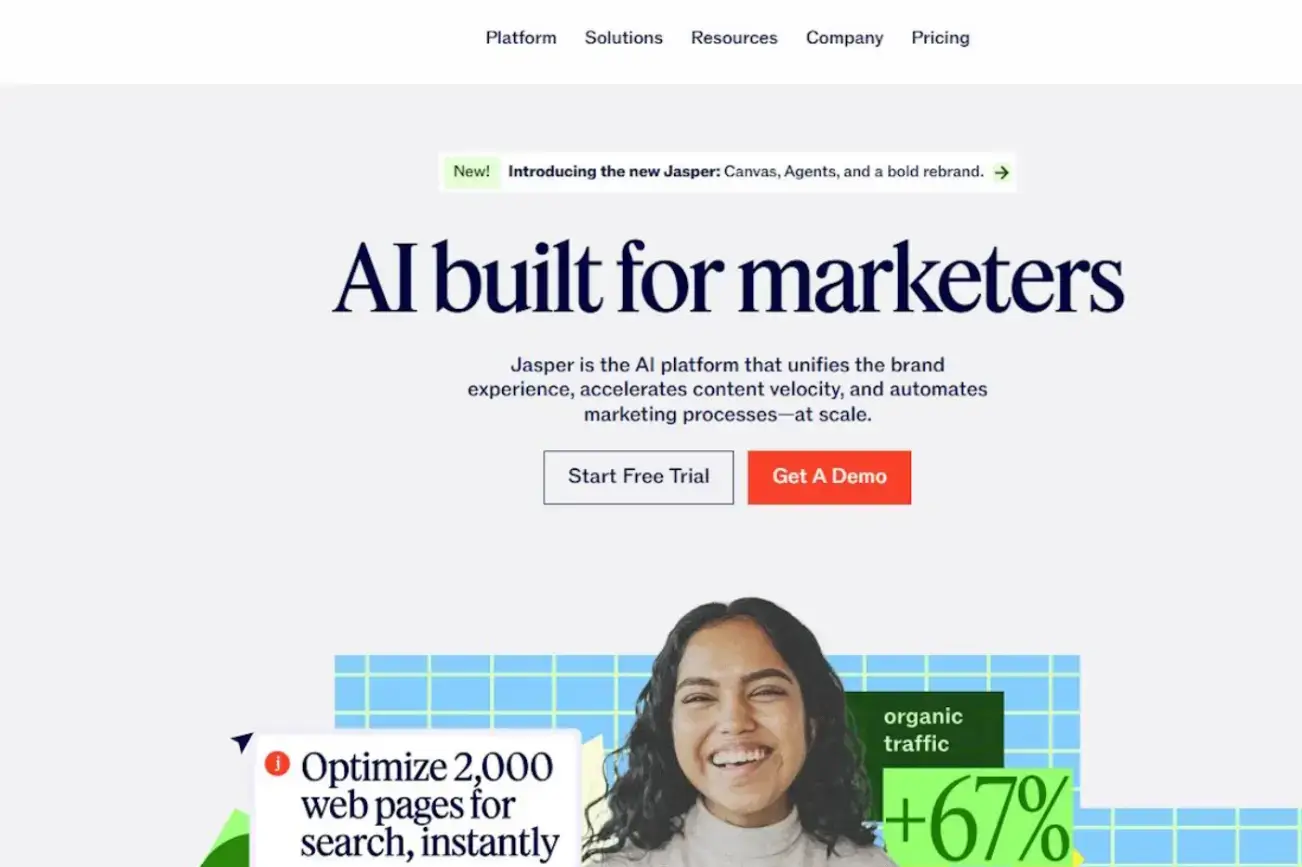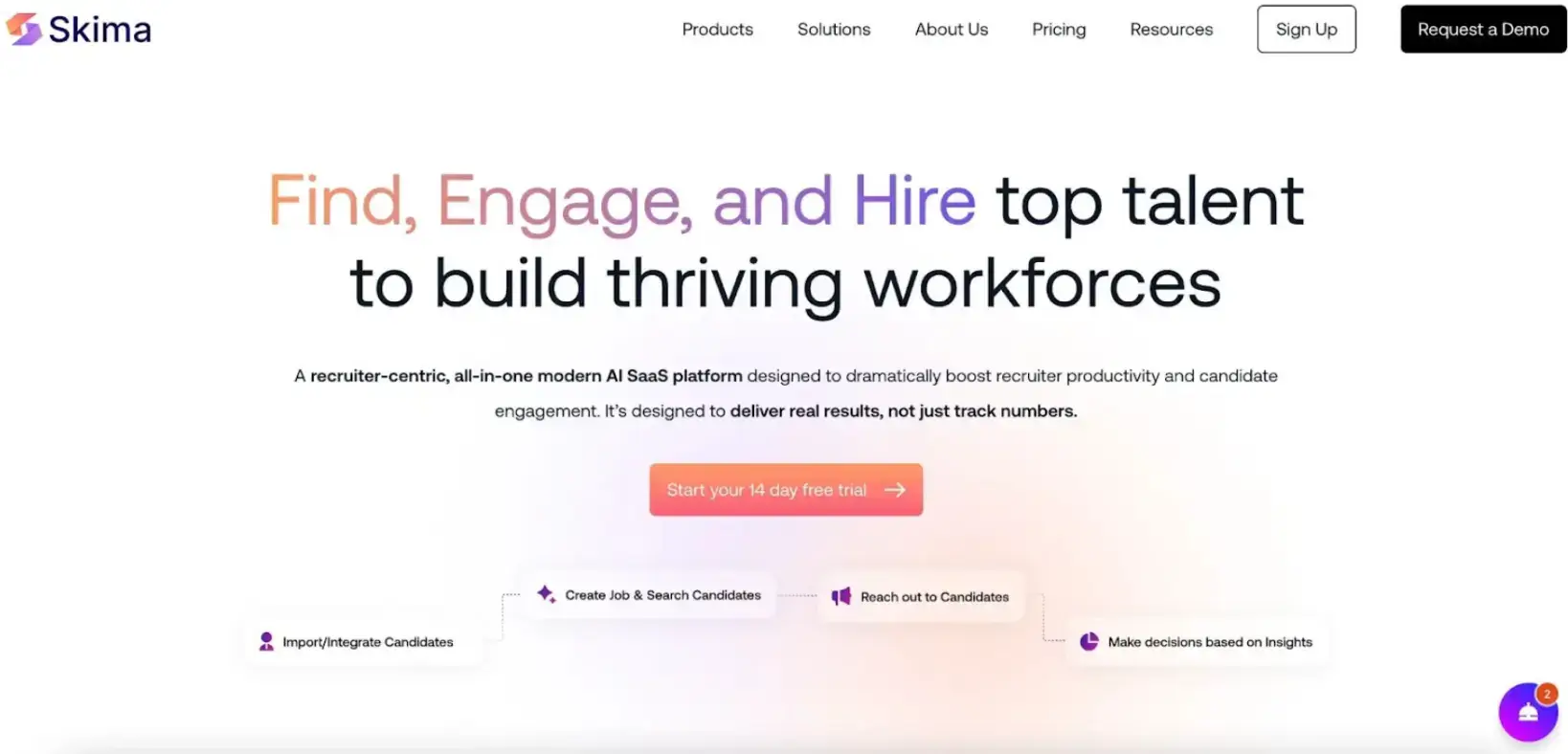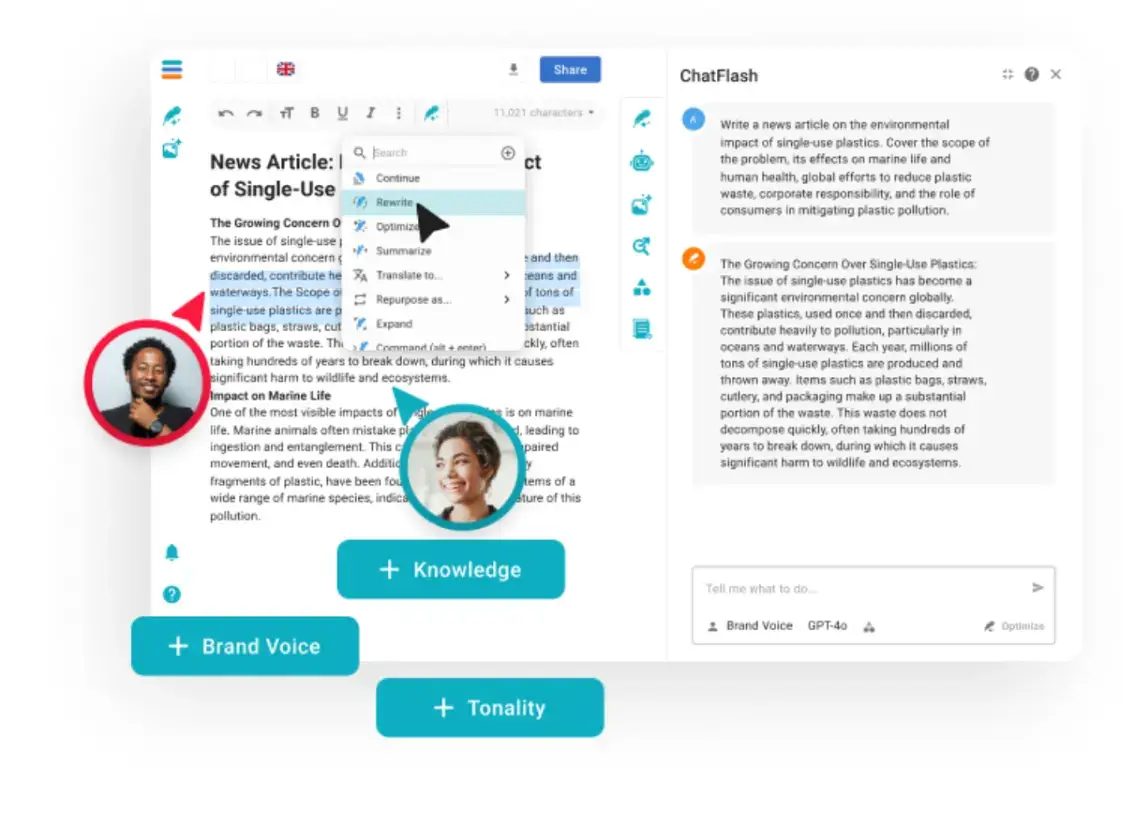Running an e-commerce store today isn’t just about listing products and waiting for orders.
It’s about being smarter with your time, knowing what your customers want, and finding ways to handle the heavy lifting without breaking the bank. That’s where AI tools for e-commerce come in.
These tools are no longer futuristic experiments. They’re real, affordable, and already reshaping how online businesses operate.
Whether you're handling ten orders a day or ten thousand, there's tech out there that can simplify your life and boost your results.
So let’s break down ten of the most useful AI-driven tools you’ll want on your side in 2025.

Source: Freepik
Top 12 AI Tools to Supercharge Your E-Commerce Business
1. ChatGPT – Smarter Conversations, Happier Customers
Customer support can eat up a lot of time. People ask the same questions, want updates on their orders, and sometimes just need help choosing the right product.
That’s where tools like ChatGPT make a difference.
You don’t have to ditch human support entirely. But for repetitive questions? Let AI handle it.
“The future of AI is not about replacing humans, it’s about augmenting human capabilities.” — Sundar Pichai, CEO of Google
This shift is exactly why The Tech Leaders are paying close attention to how tools like ChatGPT are reshaping customer experiences and streamlining workflows across e-commerce.
2. Shopify AI – Built-in Tools That Just Work
If you’re using Shopify, you’ve already got access to a bunch of smart features—automated product descriptions, predictive search, and behavior-based recommendations.
You don’t need extra apps or coding knowledge. And if you want more power, Shopify’s App Store includes tools built on AI development solutions to boost conversions and retain customers.
3. Jasper – Quick Content That Doesn’t Suck

Source: Jasper
Writing product descriptions gets boring fast—and hiring writers for everything is expensive.
Jasper acts like a writing assistant: give it basic info and it drafts product descriptions, emails, ads, social content, and more.
The best part? It keeps your tone consistent—important for maintaining brand trust.
4. Skima AI – Smarter Hiring for Growing Teams

Skima AI is an ATS-integrated intelligence layer for recruiters. It parses resumes, generates explainable match scores with evidence, rediscovers talent in your database, and writes results back to your ATS. So hiring managers get clearer shortlists, faster.
As an AI recruitment software, Skima AI helps e-commerce businesses scale their teams quickly without compromising on quality.
5. Persado – Marketing Messages That Actually Work
Most people don’t open emails. And even fewer click.
Persado uses AI to test different versions of your messaging—subject lines, CTAs, copy—and learns what performs best. More opens. More clicks. Less guesswork.
6. PimEyes – Visual Search That Gets It
Sometimes customers only have a picture—not a description.
People shop visually more than ever. Visual search meets them where they already are.
7. Syte – Make Your Store Feel Personal

Source: Syte
One-size-fits-all websites no longer cut it.
Syte uses behavioral data to personalize product recommendations, homepage layouts, and shopping paths. If a shopper browses sneakers, they’ll see more shoes automatically.
Feels like magic—powered by data.
“AI will continue to evolve, powering nearly every personalized shopping experience.” — Veronika Sonsev, CommerceNext Co-founder
8. Re:amaze – Unified Support That’s Smarter
Customer questions arrive through email, chat, Instagram, Facebook, and more.
Re:amaze brings everything into one unified inbox. Its AI suggests responses, automatically routes messages, and follows up with customers—saving hours every week.
9. Inventory Planner – Stay Ahead of Stock Problems

Source: Inventory Planner
Running out of bestsellers is bad. Overstocking is worse.
Inventory Planner analyzes your sales data to predict what you should order, how much, and when. It accounts for seasonality, trends, holidays, and growth—far beyond spreadsheet formulas.
Order smarter. Waste less.
10. Dynamic Yield – Smarter Testing, Better Results
You’ve heard of A/B testing. But who has time to analyze results all day?
Your website improves itself with every visitor.
11. Tidio – Small Team? No Problem

Source: Tidio
Tidio is a great option for small teams. It combines live chat, email, and AI chatbots in one dashboard.
Its AI handles common questions, but humans can jump in anytime—perfect for businesses wanting to look bigger than they are.
12. WeShop AI
WeShop AI is a powerful AI image generator built for e-commerce sellers. It offers AI-generated video, face swapping, background replacement, pose changes, and even virtual try-on.
Need studio-quality visuals without a real photoshoot? This tool delivers.
Bonus Tool:
neuroflash

neuroflash is Europe’s #1 AI text and image generator—a full marketing suite powered by AI.
It automates writing, image creation, SEO optimization, and brand-voice consistency. Great for teams that want to collaborate, scale content, and maintain high quality.
Why AI Tools for E-Commerce Aren’t Just a Trend
They’re not optional anymore. With more people shopping online and competition rising, AI helps businesses move faster and sell smarter.
Start small. Choose the tool that solves your biggest pain point—support, content, or inventory—and expand from there.
If off-the-shelf tools don't fit your needs, consider tailored AI development services. Custom solutions can match your exact workflows.
The bottom line: smart tools help you grow without burnout. And in 2025, that’s the advantage every e-commerce store needs.
FAQs
1. What are the best AI tools for e-commerce businesses in 2025?
Top tools include ChatGPT, Shopify AI, Jasper, Persado, and Inventory Planner.
2. How can AI tools improve my e-commerce customer support?
Tools like ChatGPT and Re:amaze automate common questions, reduce workload, and speed up response times.
3. Are these AI tools suitable for small e-commerce businesses?
Yes—Tidio, Jasper, and similar tools are perfect for small teams needing automation.
4. Can AI really boost e-commerce sales and conversions?
Absolutely. Tools like Dynamic Yield and Persado optimize content, layouts, and messaging for higher conversion rates.
5. Do I need technical skills to start using AI tools?
No. Most tools are plug-and-play with no coding required.

Author Bio
I am a Business Growth Strategist at a leading Software Development Company. I focus on customer relationships, revenue growth, and sharing tech insights through blogs and articles.

